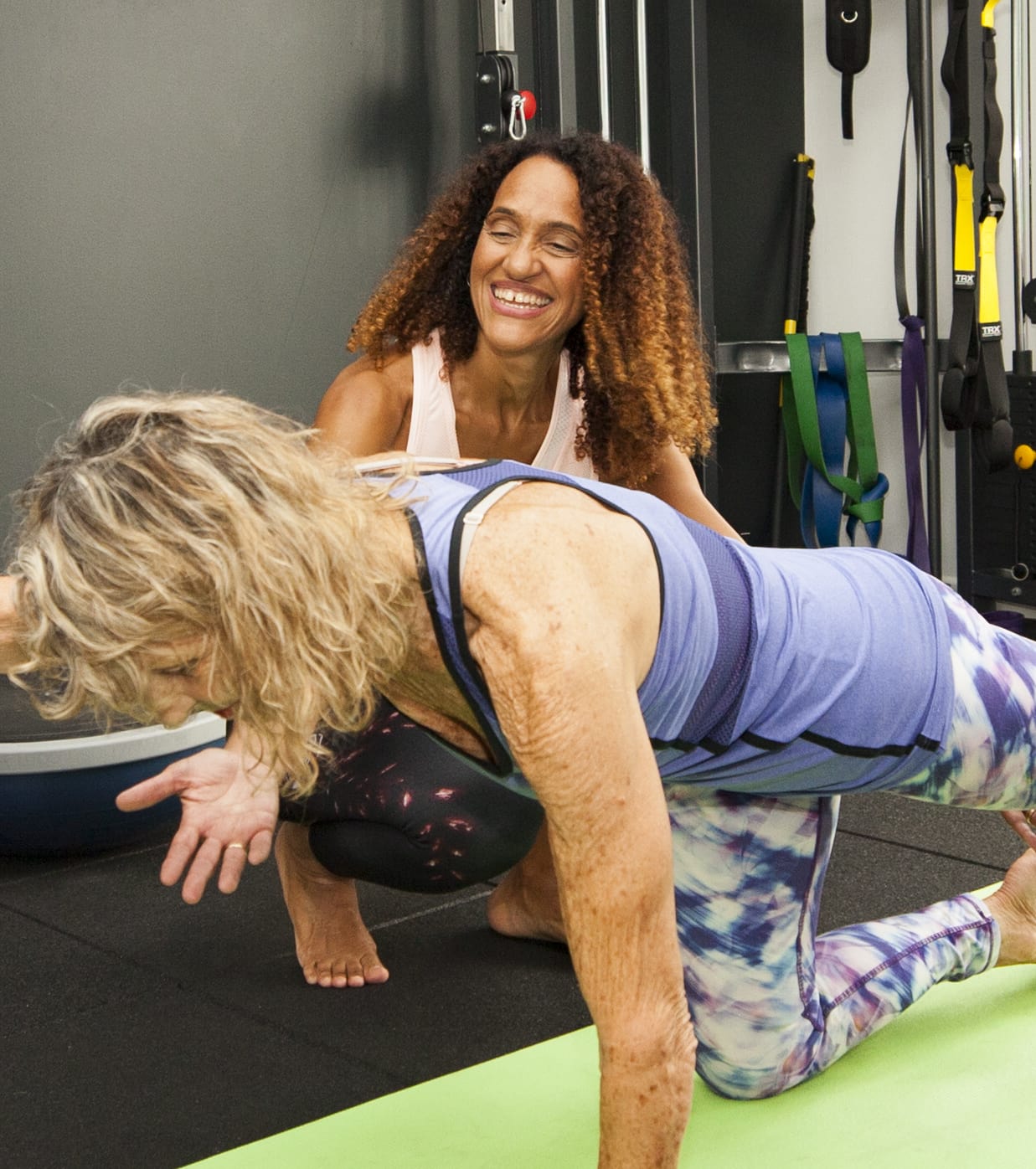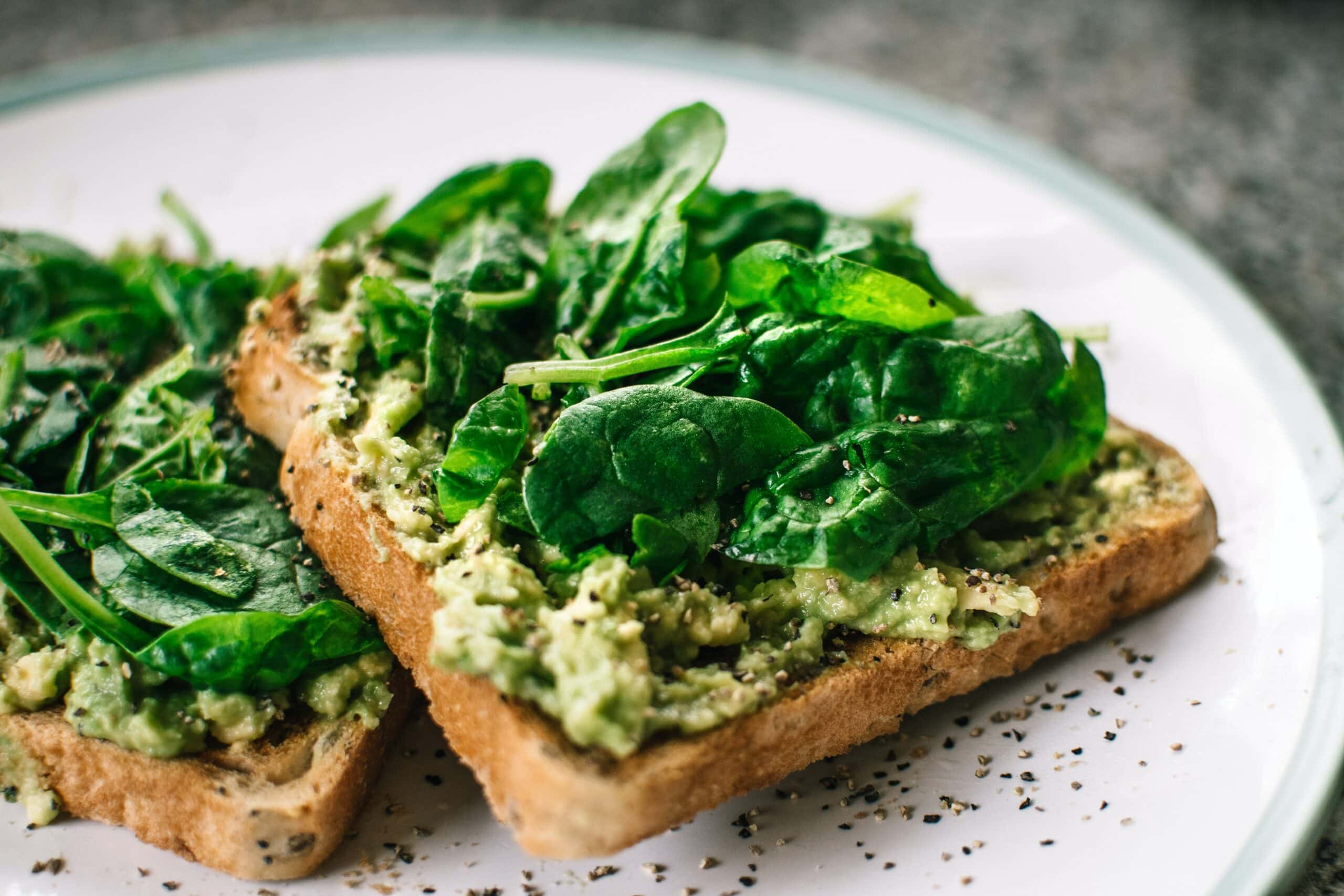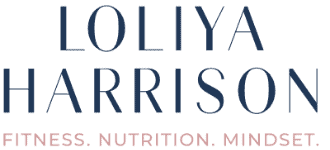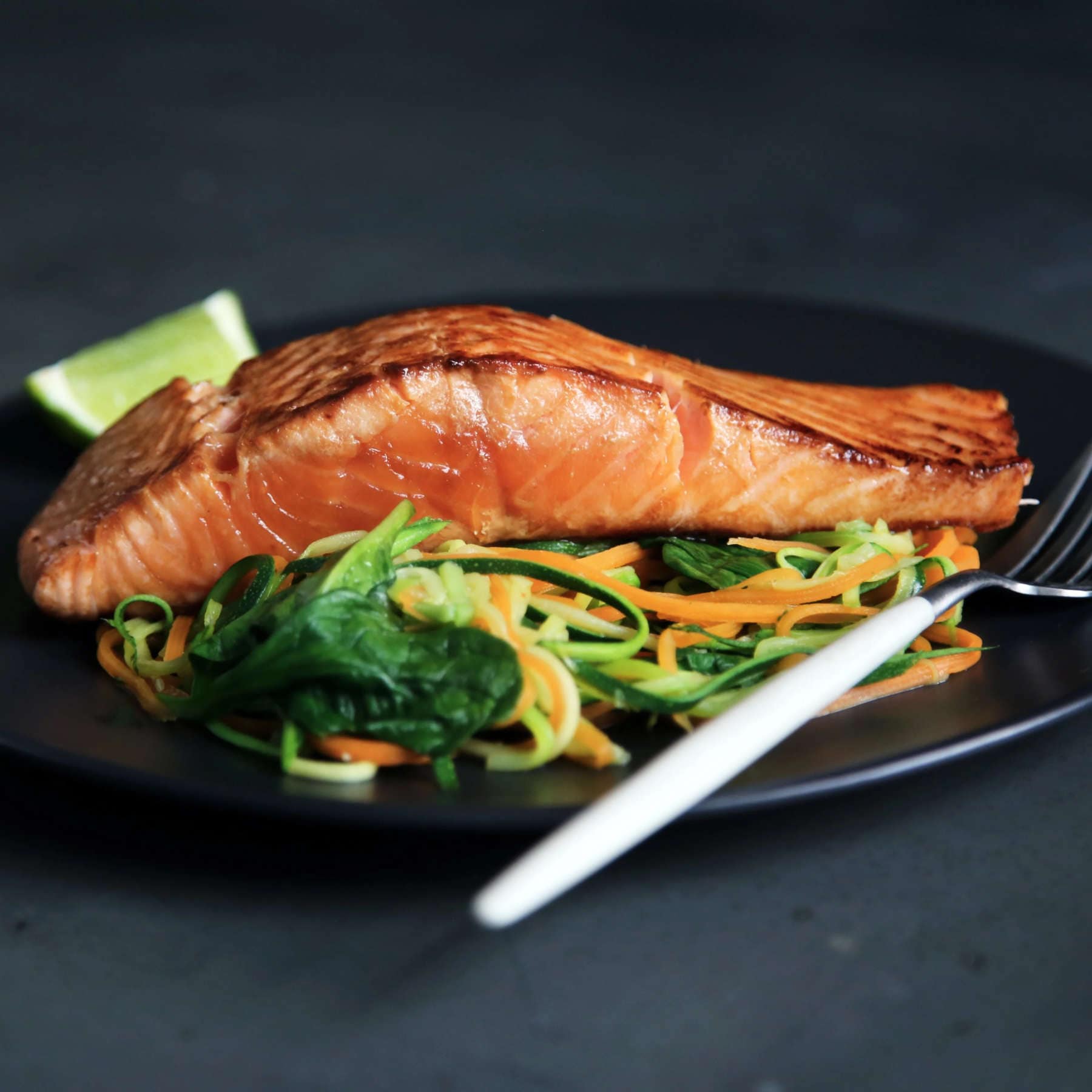Perimenopause is a transformative phase in a woman’s life, often accompanied by numerous physical and hormonal changes. One aspect of women’s health that becomes particularly crucial during this stage is bone health. As a women’s vitality coach with expertise in Pilates, personal training, and nutrition, I am going to share with you the importance of maintaining strong bones during perimenopause and beyond.
This post will provide you with practical fitness and nutrition tips to support your bone health as you enter perimenopause and prepare for menopause.

The Importance of Bone Health as You Age.
Your bones might not have always be on your health radar, but they should be!
Perimenopause and menopause bring about a decrease in oestrogen levels, which plays a vital role in maintaining bone density.
As oestrogen levels decline, the risk of osteoporosis (a condition characterized by weakened bones) increases. To maintain a strong and healthy body during and after menopause, prioritizing your bone health is essential.

Exercise Recommendations for Good Bone Health
- Weight-Bearing Exercises: Incorporate weight-bearing exercises into your fitness routine. Activities like walking, jogging, dancing, and even stair climbing can help stimulate bone growth and increase bone density. As a women’s vitality coach, I often recommend Pilates as a fantastic option for both strength and flexibility.
- Strength Training: Resistance training with weights or resistance bands is an excellent way to strengthen muscles, which in turn supports bone health. Focus on exercises that target major muscle groups, such as squats, lunges, and bicep curls.
- Balance and Coordination: Activities that challenge your balance and coordination, like yoga or tai chi, can help reduce the risk of falls and fractures, which can be more problematic during menopause.

Nutrition Recommendations for Good Bone Health
- Calcium-rich foods: Increase your intake of calcium-rich foods such as dairy products and leafy greens (kale, collard greens). Aim for at least 1,200 milligrams of calcium daily.
- Vitamin D: Ensure you get enough vitamin D, which is essential for calcium absorption. Spend time outdoors in the sunlight and consider vitamin D supplements if your levels are low.
- Protein: Incorporate lean protein sources like poultry, fish, beans, and tofu into your diet. Protein is crucial for maintaining muscle mass, which indirectly supports bone health.
- Magnesium and Vitamin K: These nutrients play a role in bone health as well. Include magnesium-rich foods (nuts, seeds, whole grains) and vitamin K-rich foods (broccoli, Brussels sprouts) in your meals.
- Limit Caffeine and Alcohol: Excessive caffeine and alcohol consumption can negatively affect bone health. Moderate your intake of these substances to support your bones.

It’s Never too Early to Start Taking Care of Your Bones
Taking care of yourself properly during perimenopause and menopause is a proactive step toward a healthier and more confident you. The sooner you get started with good exercise and good nutrition habits, the sooner they will become part of your daily routine.
Remember, the key to strong bones during menopause is a combination of weight-bearing exercises, strength training, and a balanced diet rich in bone-loving nutrients.
By prioritizing your bone health, you’ll not only reduce the risk of osteoporosis but also ensure that you can continue to enjoy an active and fulfilling life well into your post-menopausal years.
If you have any specific questions or concerns about your bone health, don’t hesitate to reach out to a healthcare professional or a women’s vitality coach for personalized guidance. Head to my website to find out more.
Your journey to stronger bones starts today ✨
If you enjoyed this post, you might enjoy these from the blog:
Unleashing Your Potential Post-Menopause: Time for New Goals and New Beginnings
Strength Training Myths: The Truth About Strength Training for Women



0 Comments